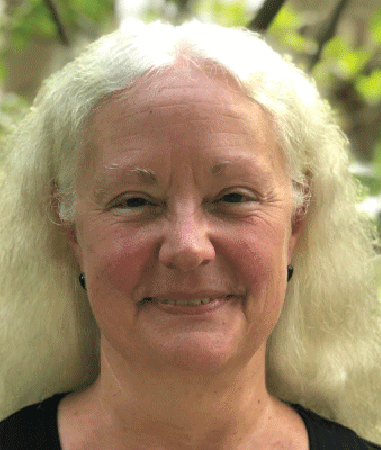APS Spotlight
Psychological Science Editorial Connects New Submission Evaluation Criteria to APS Strategic Plan


Authors submitting to APS’s flagship journal, Psychological Science, will now find new avenues to reach the critical “empirical and theoretical significance” standard that has been a hallmark of Psychological Science articles since the journal’s inception: by diversifying sample or author groups and making their studies more authentic. Editor-in-Chief Patricia Bauer announced this expansion in a new editorial published in November. The changes align with two of the three strategic goals in APS’s new 5-year strategic plan: to strengthen the global psychological science community and make psychological science more meaningful in the public sphere.
By expanding research focused on groups outside of WEIRD (Western, educated, industrialized, rich, and democratic) populations that have historically made up the vast majority of research samples, Bauer aims to ensure that the research published in the journal truly represents the breadth of human culture, thought, experience, and behavior.
Similarly, certain populations of researchers have historically been overrepresented in the pages of Psychological Science (and many other journals within and outside of the field) relative to their proportion in the world. This has inevitably resulted in an author pool—and a body of research questions and findings—that is unrepresentative of the true diversity among and within different countries and cultures throughout the world.
Bauer also connects APS’s strategic goal of more real-world applicability with the need for generalizability in Psychological Science articles. Insights gained from examining phenomena and behaviors in an artificial setting, where subjects encounter a tightly controlled environment and artificial stimuli that they are highly unlikely to experience outside of a lab environment, are limited in what they can reveal about how people operate in their day-to-day lives. Research that can better simulate and reproduce conditions and stimuli that are more realistic and relevant to everyday environments will ultimately do more to inform and benefit humanity at large.
With these two goals in mind, Bauer laid out her vision to expand the criteria for publication in the journal by introducing new ways for submitted articles to meet the threshold for making an impactful contribution to psychological science. Without lowering standards for scientific rigor, this expansion enables authors to hit the significance mark in new ways that will benefit and advance global psychological science as a whole.
Authors can diversify their study populations and/or their author teams, and they can increase authenticity by using more realistic stimuli in addition to or in place of artificial ones—or using scenarios subjects are likely to encounter in the real world versus imagined circumstances.
With these changes, Bauer hopes that the journal will continue to push the field forward, toward a more representative—and ultimately more accurate—understanding of human thought and behavior.
“These actions stand to strengthen the likelihood of application of our research findings beyond our laboratories,” she wrote. “They also stand to strengthen our basic theories by testing their limits and making them more comprehensive.”
Feedback on this article? Email apsobserver@psychologicalscience.org or login to comment. Interested in writing for us? Read our contributor guidelines.





APS regularly opens certain online articles for discussion on our website. Effective February 2021, you must be a logged-in APS member to post comments. By posting a comment, you agree to our Community Guidelines and the display of your profile information, including your name and affiliation. Any opinions, findings, conclusions, or recommendations present in article comments are those of the writers and do not necessarily reflect the views of APS or the article’s author. For more information, please see our Community Guidelines.
Please login with your APS account to comment.